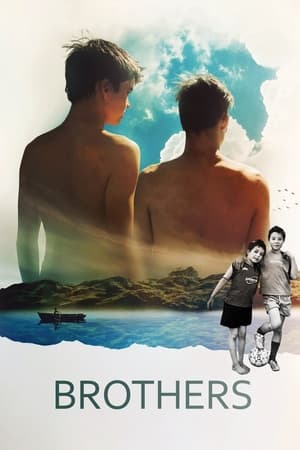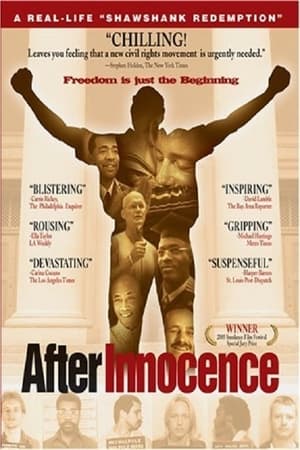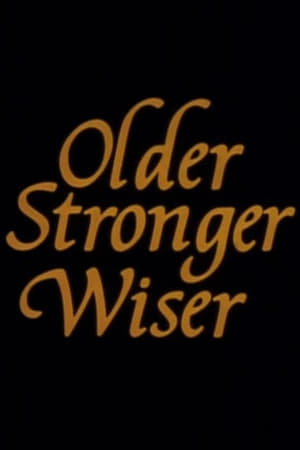Overview
An intimate look into the lives of one of the most iconic folk-rock bands in America - the Indigo Girls. With never-before-seen archival and intimate vérité the film dives into the songwriting and storytelling of the music that transformed a generation.
Reviews
The Indigo Girls, a duo comprised of longtime friends Amy Ray and Emily Saliers, brought a unique folk rock sound to the early 90s music scene with songs that featured irresistible melodies and angsty-poetic lyrics.
Everything about these women felt different, from their natural talent for singing, songwriting, and playing guitar, to the fact that they were both out and proud lesbians (something that was extremely uncommon at the time). While they never quite rocketed to superstardom status, the Indigo Girls have gained a loyal fan base over the last 30-plus years.
Director Alexandria Bombach‘s documentary “It’s Only Life After All” (with a title that’s taken from a line in their 1989 Grammy-winning hit, “Closer to Fine”) explores Emily and Amy’s career trajectory and foray into social activism.
There’s a nice underdog story at play here, as Bombach tells the story of two queer friends from Georgia who met in high school, have been playing guitar together ever since, and never dreamed of becoming artists with multiple record deals. The pair ended up at the same college where they continued to perform for small crowds, eventually getting discovered and becoming the new indie rock darlings on MTV. They were anything but typical female pop stars, as the duo relied on their raw talent over polished, packaged sex appeal. As with many female artists, they also faced sexism from critics and the music industry.
The fact that both women were gay also made them extremely popular within the LGBTQ+ community. The documentary explores what their radical self-acceptance meant to so many fans who were struggling with their own sexuality, and looks at the misogyny and homophobia the two endured. There are also frank conversations with Amy and Emily about their struggles with self-loathing, addiction, gender identity, and anger issues which give the film a raw honesty.
The film also shows how outspoken Amy and Emily have been about causes that matter to them: abortion rights, the environment, Indigenous activism, voting rights, minority rights, and more. The two women have long been supporters of grassroots activism and despite success in their music career, they have always remained dedicated advocates who do what they can to foster change and inclusivity.
Straying from a typical documentary format, Bombach doesn’t interview big names, industry experts, or colleagues (the only other people we ever hear from are fans who have found a great deal of support and meaning in the duo’s music). Instead, she lets Amy and Emily tell their own story, in their own words. These candid interviews with the longtime collaborators and friends are casual and personal, showcasing their vastly different personalities. Bombach captures them both with honesty, warmth, and humor.
There’s a lot covered in this documentary, and the filmmaking team sifted through over 1,000 hours of archival footage (including intimate videos shot by Amy and 40 years’ worth of interviews, concert films, and other treasures) and condensed it into a two hour documentary. The film feels overly long and often wanders, but only because there is so much to take in. It certainly could’ve benefited from a keener focus and editing, as there is a lot of information presented that makes the film feel overwhelming.
Even if you are unfamiliar with the Indigo Girls, you will still find this documentary about two female trailblazers to be inspiring and entertaining. Featuring Amy and Emily’s original songs as a soundtrack, “It’s Only Life After All” is a terrific story about two intelligent, articulate, and outspoken women who have lived their lives without compromise, always staying true to themselves.
**By: Louisa Moore / www.ScreenZealots.com**

 124 min
124 min
 8.5
8.5
 2024
2024
 USA
USA
 Louisa Moore - Screen Zealots wrote:
Louisa Moore - Screen Zealots wrote:


















